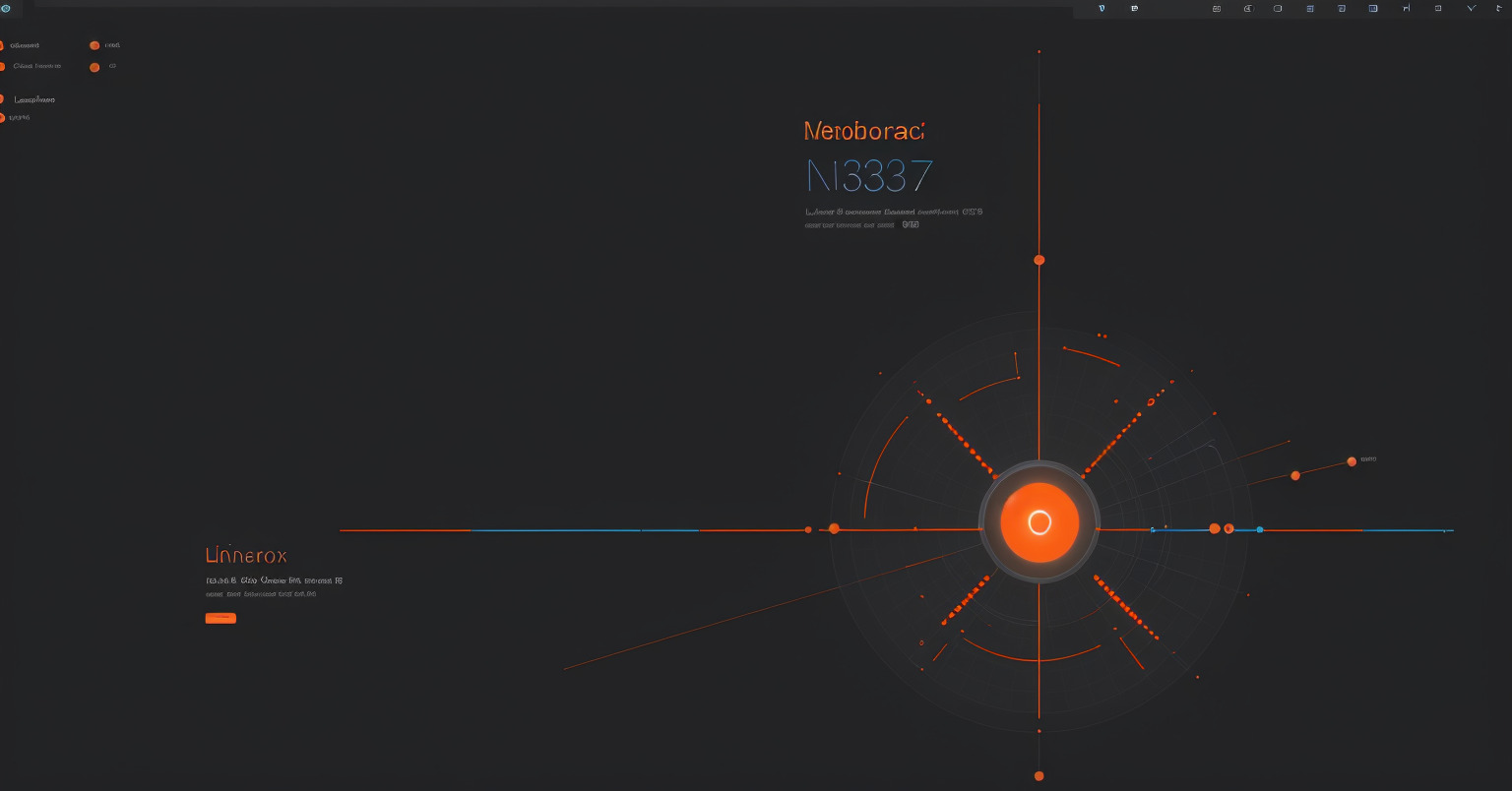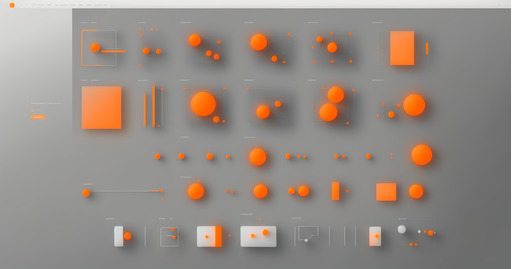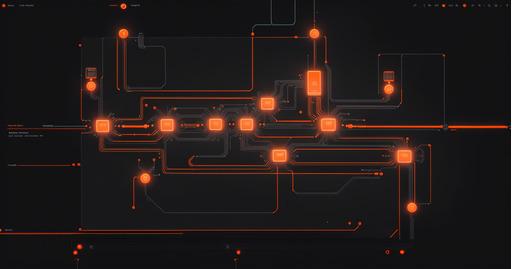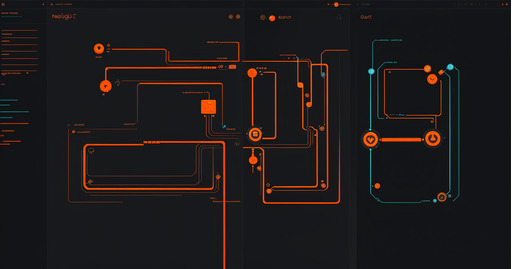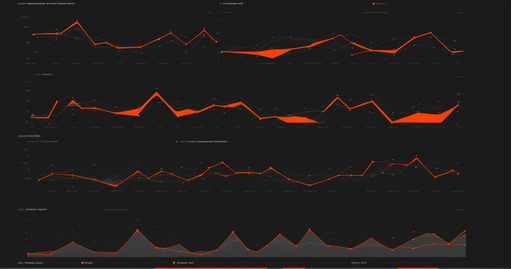The Enduring Value of Desktop Applications: Despite the dominance of mobile and web apps, desktop applications continue to provide unmatched performance, reliability, and integration for many business-critical tasks. Industries like finance, healthcare, manufacturing, and design still rely on the power and precision of desktop software for complex workflows. These apps offer faster load times, better memory management, and closer integration with operating system features. Whether it's processing large data sets, working with multimedia files, or handling high-security environments, desktop apps often outperform their web counterparts. For professionals who need speed and robustness, the desktop remains the tool of choice.
Cross-Platform Reach Without Compromise: Modern development frameworks allow desktop apps to be built once and deployed across Windows, macOS, and Linux without sacrificing quality. Cross-platform toolkits like Electron, Tauri, and Flutter empower developers to deliver consistent user experiences on any OS. This reduces development time and cost while expanding the software's reach. Businesses no longer have to choose between native speed and cross-platform access—they can have both. Whether you are targeting internal users or distributing commercial software, cross-platform desktop apps ensure compatibility and performance for a diverse user base.
Privacy, Security, and Local Control: In today's environment of increasing data privacy concerns and cybersecurity threats, desktop apps offer advantages that cloud-only solutions often can't match. Data processed and stored locally on a desktop machine reduces exposure to third-party breaches or internet downtime. This is especially important in industries dealing with sensitive information, like legal firms or medical institutions. Additionally, desktop applications allow organizations to operate in air-gapped or fully offline modes, giving complete control over how and where data flows. With configurable permissions and local encryption, desktop apps are a natural fit for secure environments.
Offline Access for Uninterrupted Productivity: Internet access is not always guaranteed, especially in remote regions, on factory floors, or during travel. Desktop applications ensure that users can continue working without relying on connectivity. Whether it's editing files, managing inventory, or writing code, offline-capable software eliminates disruptions and boosts productivity. Once back online, apps can sync changes in the background. This hybrid approach—full functionality offline with seamless sync when available—is a key reason many businesses still prioritize desktop deployments for mission-critical operations.
Modern UI and Native Performance Combined: Gone are the days when desktop software felt clunky or outdated. Today's cross-platform desktop apps can be visually stunning, responsive, and as easy to use as any modern web app. With frameworks that support smooth animations, dark modes, and adaptive layouts, you can create elegant user interfaces without compromising performance. Native system integration allows for features like drag-and-drop, keyboard shortcuts, tray menus, and file system access—all of which improve usability. For companies seeking beautiful apps that perform reliably across devices, modern desktop development strikes the perfect balance between form and function.
